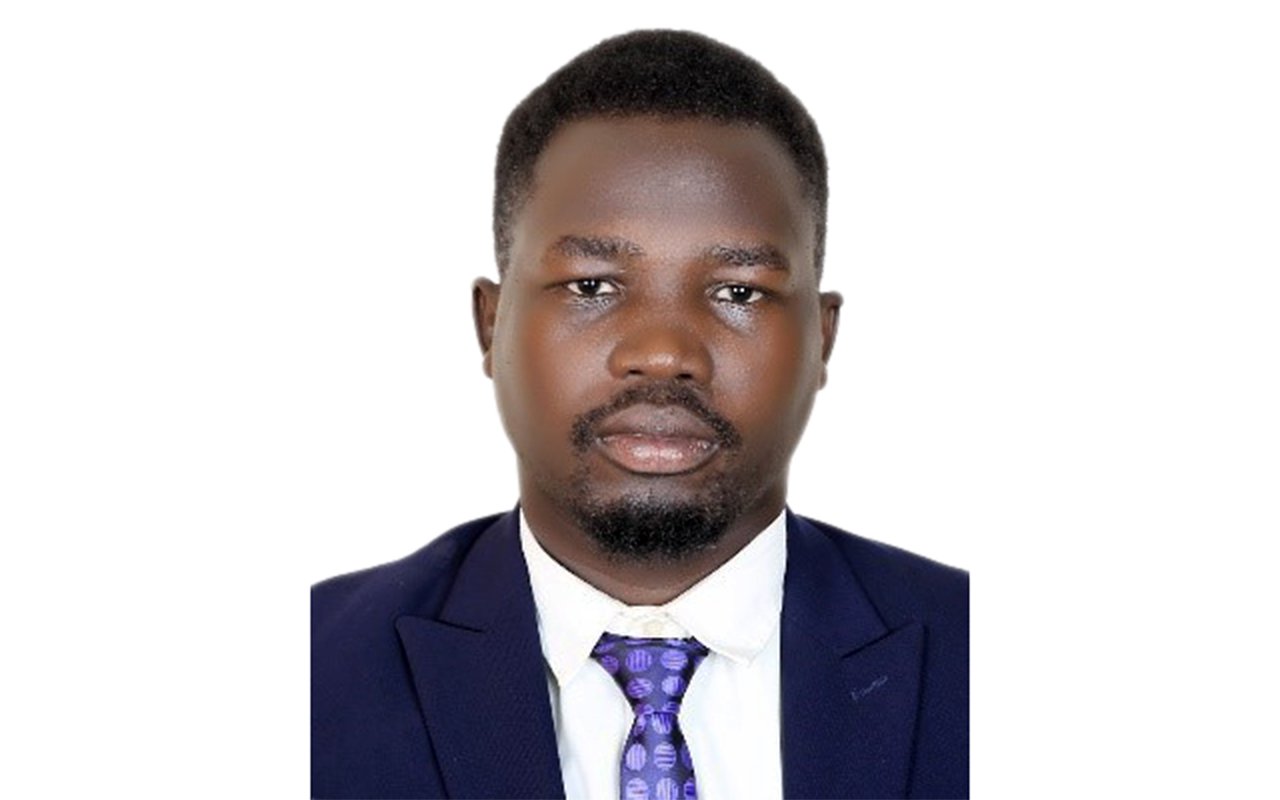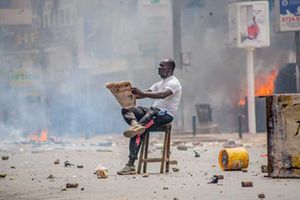
Emilly C. Maractho (PhD)
When I was awarded the Next Generation Social Sciences doctoral research fellowship for peace, security and development by the Social Science Research Council in New York in 2015, it came with incredible mentorship for a year. Just like that, I had three professors to work with.
To have had that support in addition to what I got from the faculty and my supervisor at the University of Kwa Zulu Natal in South Africa was the best thing to have happened to me. It also meant that there was peer mentorship, a space where you put out your work and other fellows engaged with it constructively or you marvelled at how well put together other people are.
One of the professors I was assigned is the brilliant Alcinda Honwana, a professor of development policy and practice. It is difficult not to be in awe of Honwana, but this piece is not about her or the mentorship that I got. It is about the recent events in Kenya.
I probably have to go back to 2012 when I moved to Nairobi and was awarded a one-year research fellowship by the Institute of Development Studies (IDS), Sussex in the UK in collaboration with the Partnership for African Social and Governance Research (PASGR). This turned out to be the most impactful fellowship of my career. It was then that I participated in the 2013 Kenyan elections that ushered in Mr Uhuru Kenyatta and Mr William Ruto into the presidency. It was a time of hope for Kenya’s democracy, seeing this youthful duo in charge.
It was also at that time, that I had to work with a professor from IDS, who had just published an article on ‘Associations, active citizenship and the quality of democracy in Brazil and Mexico’ in 2011. Peter Houtzager, whose work focuses on social movements had a profound impact on my professional life, introducing me to people as I went on with my doctoral studies years later.
Living in Kenya at that time of political transition in 2013, meeting and working with both Houtzager and Honwana, then living through the elections in South Africa in 2014, and then the xenophobic attacks in Durban in 2015 have all shaped the way I see social movements and feel about bad governance.
Honawana published in 2012, ‘The Time of Youth: work, Social Change and Politics in Africa,’ which I find profound when it comes to issues of the youth in Africa. The book is an examination of young people in Mozambique, South Africa, Senegal and Tunisa, but offers insight into the lives of young people in Africa.
It can be argued that our Ugandan youth were not there when President Museveni took over power in 1986. And there have been some significant attempts to co-opt some of these people in government. That generation, walking with Sowing the Mustard Seed book written by President Museveni in hand, tends to mask the grave reality of a majority of our youth in limbo as ably described by Honwana.
The book is a great exploration of just how the waitwood generation as she puts it, is growing impatient with the leaders of the old liberation. Their potential for the most part remains hidden. When you combine failed economic policies, bad governance and political instability, there is a lot these young people have been dealing with. There is lack of jobs and an expensive education that does not translate into a better life for many.
Put along the seeming insensitivity of the political class to the ‘waiting’ that young people suffer – waiting for jobs, waiting for their turn to lead, waiting to grow up, the list could be endless, will inevitably turn young people into a generation willing to risk a lot. Her treatment of the protests in Tunisia would provide good insights into the Kenyan protests.
I remember watching President Ruto declare that he had conceded to the demands of the GenZ, and would not sign the Finance Bill 2024. I could not help but feel emotional. Yet, there is so much more to this frustration beyond what the Bill contains. I remember someone not long ago asked me what our generation will exactly be proud of. The GenZ will be proud of something our generation can only marvel at and wonder what happened to us.
Suppose things do not change for good in much of Africa. In that case, there will be a period of young people trying to get out of their predicament as Alcinda describes in the time of youth, with the most sensible ways for these young people out of their waithood being radical social and political change. They are now more than ever, determined to right the wrongs of their contemporary society, a leadership lost in past glory and oblivious to what is really at stake. Kenya just provided the others with possibilities.
Ms Maractho (PhD) is an academic.




